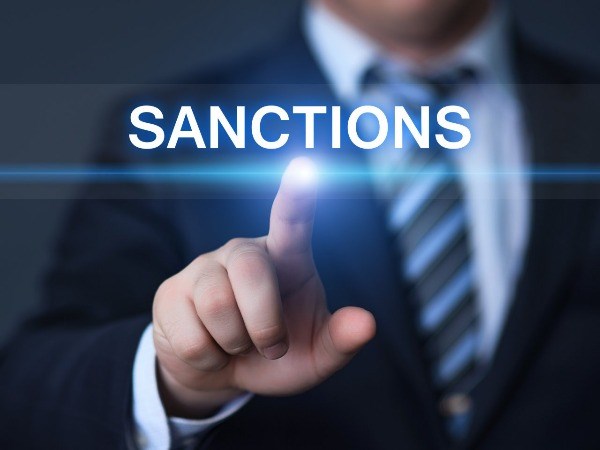US promises new Russia sanctions every two months
The US will continue its systematic tightening of sanctions on Russia in order to force the Kremlin to change its policy towards Ukraine, US State Department Special Representative for Ukraine said at the Atlantic Council in Washington on Thursday.
According to Volker, new sanctions will be imposed at a rate of “once every month or two”, in order to increase the pressure on Russia’s leaders.
“We are increasing the pressure in order to force them to negotiate. This includes keeping US sanctions and periodically expanding on these sanctions in the future. This is a path we have taken under the Trump administration, and we will continue to take it,” Volker said.
He emphasized that the sanctions are having a drastic effect on Russia and its economy. At the same time, it appears that Russia’s leaders are still “harboring illusions” about the Trump administration’s position, which has actually adopted a far stricter stance with Russia, Volker noted.
“You will see additional sanctions every month or two, as we have already been seeing,” the State Department representative said, adding that there are not yet any plans for further negotiations with Russian Presidential Aide Vladislav Surkov.
In August, the US imposed a new sanctions regime in connection with the poisoning of former Russian double agent Sergei Skripal with Novichok, a nerve paralysis agent, in Salisbury earlier this year. Two Russian intelligence agents, Ruslan Boshirov and Alexander Petrov, are believed to be behind the assassination attempt.
The first stage of sanctions will include additional restrictions on supplying technologies to Russia. The second stage will come into effect in November, and is related to Russia’s refusal to provide access to its chemical facilities. The latter’s sanctions could include a decrease in the level of diplomatic relations, an outright ban on Aeroflot flights, and a full trade embargo on all exports and imports.
Since the start of the year, US Congress has seen six sanctions bills, two of which demand sanctions on Russian government debt and at least one of the eight state banks, with a full ban of dollar transactions.
While the sanctions on banks are considered unlikely, the market is treating a ban on government debt as the baseline scenario, observes Raiffeisen Bank analyst Denis Poryvay.
Since April, non-residents have withdrawn 520 billion rubles from Russian government bonds, reducing their share in the market from a record 34% to 25%.
